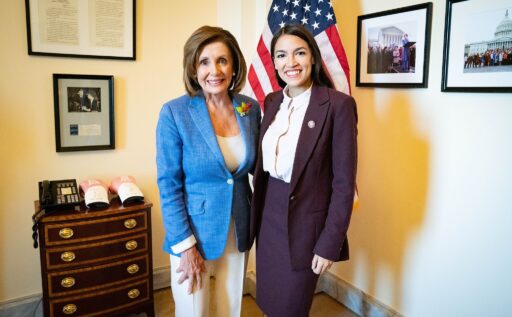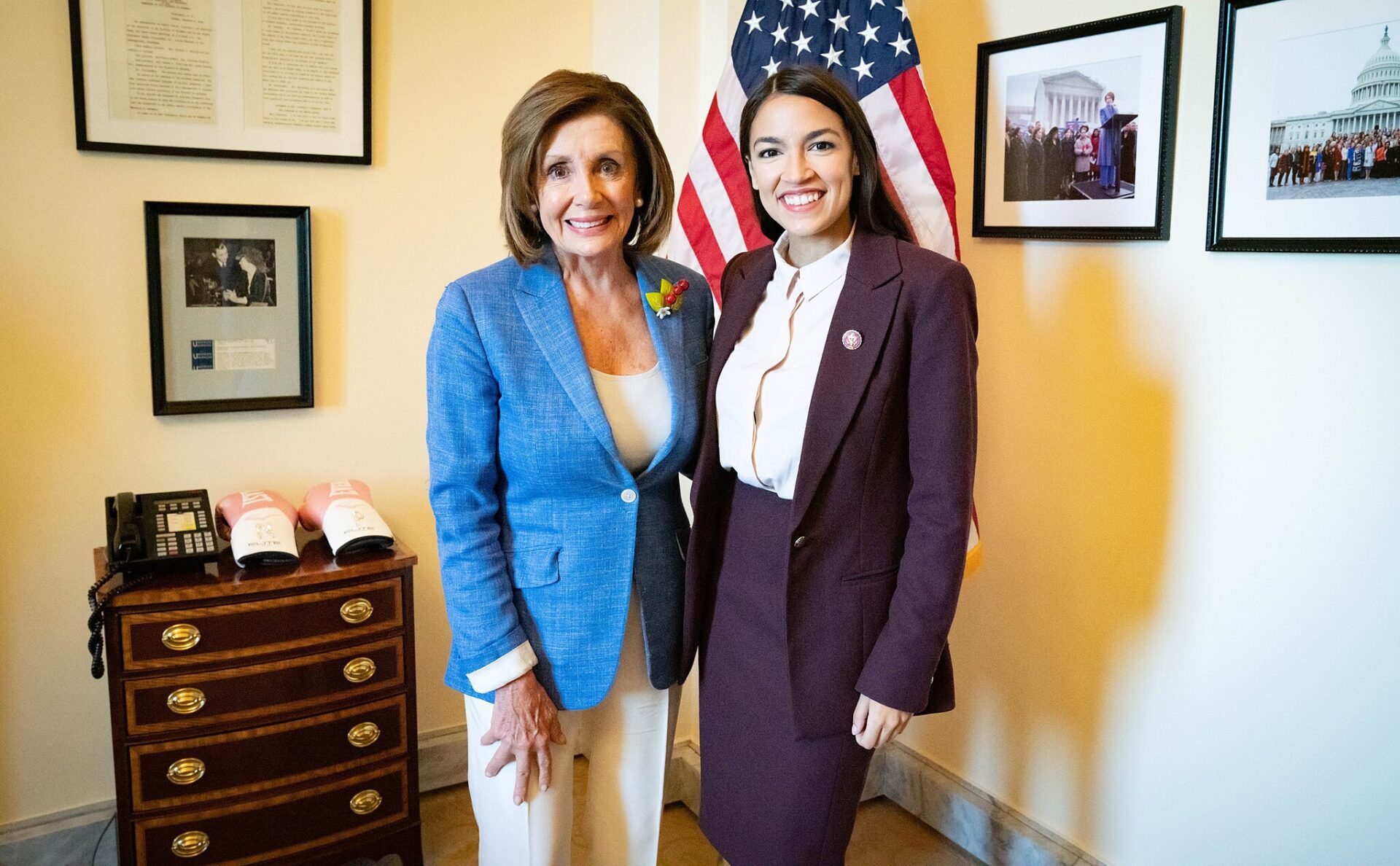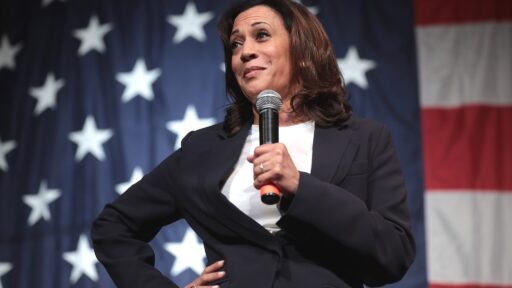Kamala Sees Unexpected Surge?
Recent polling data shows that Vice President Kamala Harris has gained a noticeable lead over former President Donald Trump among registered voters, as revealed during the Democratic National Convention (DNC). This survey, conducted by the Angus Reid Institute between August 19 and August 23, coincides with Harris being formally nominated as the Democratic presidential candidate.
The national poll highlights a significant generational and demographic divide in voter preferences. Harris enjoys strong support among younger voters aged 18 to 34, with 59% backing her compared to 30% for Trump. Her lead is even more pronounced within Black and Hispanic communities, where she leads 67% to 16% and 57% to 33%, respectively.
Conversely, Trump remains popular among older voters and white voters. He is favored by 49% of those over 54, compared to 40% for Harris. Among white voters, Trump has a 51% to 39% advantage.
The Harris campaign’s adept use of social media has played a role in her current polling advantage, creating what analysts call an “extended honeymoon period.” Memes and viral content have energized younger voters, though the challenge remains to convert this online enthusiasm into actual votes in November. Despite record-high youth voter turnout in 2020, it still fell short of the participation rates seen in older demographics.
Additionally, the Angus Reid survey uncovers potential barriers for Harris as she aims to become the first female president. A notable 74% of respondents believe it is harder for a woman to be elected to high office, even though 59% feel there is no gender difference in performing the job competently once in office.
The emotional responses of voters also shed light on the race. While 71% of Harris supporters are “hopeful” about her potential victory, 63% of Trump supporters feel similarly about his possible second term. Yet, the prospect of losing to the other candidate stirs concern and fear in both camps. Trump supporters are slightly more worried, with 57% expressing concern compared to 47% of Harris backers, and 38% fearing a Trump loss versus 45% of Harris supporters fearing a Harris loss.
When it comes to character assessments, Harris is frequently described as “dishonest” (36%), “strong” (36%), and “corrupt” (32%). In contrast, Trump is most often labeled as “arrogant” (62%), a “bully” (48%), and “corrupt” (45%).
The Angus Reid survey also identifies the cost of living as the foremost issue for voters, with 58% citing it as their top concern, followed by broader economic issues (28%), border security (27%), healthcare (25%), and reproductive rights (23%).
A new poll from Fairleigh Dickinson University (FDU) and Braun Research indicates Harris leads Trump by 7 points, with Harris receiving 50% support compared to 43% for Trump. However, a Rasmussen Reports poll shows Trump ahead by 3 points, with 49% supporting Trump and 46% backing Harris. National aggregate polls generally place Harris in the lead, though the margins vary. RealClearPolitics shows her ahead by 1.5 points, while FiveThirtyEight finds her up by 3.6 points. Additionally, independent candidate Robert F. Kennedy Jr., who had been drawing about 5% in national polls, has withdrawn and endorsed Trump.
As the campaign moves forward, both candidates face significant challenges. Harris must maintain her momentum and convert her lead into Electoral College votes, while Trump needs to expand his appeal beyond his base and address the concerns of swing voters. With just over two months until Election Day, the race remains intensely competitive and will likely remain so as voters delve deeper into the candidates and their policies.







